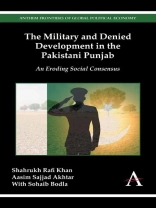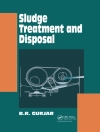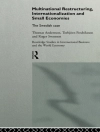This book focuses on the retrogressive agrarian interventions by the Pakistani military in rural Punjab and explores the social resentment and resistance it triggered, potentially undermining the consensus on a security state in Pakistan. Set against the overbearing and socially unjust role of the military in Pakistan’s economy, this book documents a breakdown in the accepted function of the military beyond its constitutionally mandated role of defence. Accompanying earlier work on military involvement in industry, commerce, finance and real estate, the authors’ research contributes to a wider understanding of military intervention, revealing its hand in various sectors of the economy and, consequently, its gains in power and economic autonomy.
Innehållsförteckning
Preface; 1. The Military and Economic Development; 2. Punjab’s State–Society Consensus on the Military’s Dominance and Economic Role; 3. Research Design, Method, Institutional Issues and Scope of the Military’s Land Acquisitions; 4. The Military’s Agrarian Land Acquisitions: High Handedness and Social Resentment; 5. From Social Resentment to Social Resistance; 6. Bahria Town: A Military-Related Real Estate Venture; 7. The Military as Landlord in the Pakistani Punjab: Case Study of the Okara Farms; 8. Guardians No More? The Breakdown of the Consensus; Glossary; Index
Om författaren
Shahrukh Rafi Khan is a Visiting Professor of economics at Mount Holyoke College, South Hadley, Massachusetts.
Aasim Sajjad Akhtar is Assistant Professor of political economy at the National Institute of Pakistan Studies, Quaid-i-Azam University, Islamabad, Pakistan.
Sohaib Bodla is currently working as a freelance writer and researcher, and as a volunteer for NGOs including the Dutch development organization, Cordaid.












